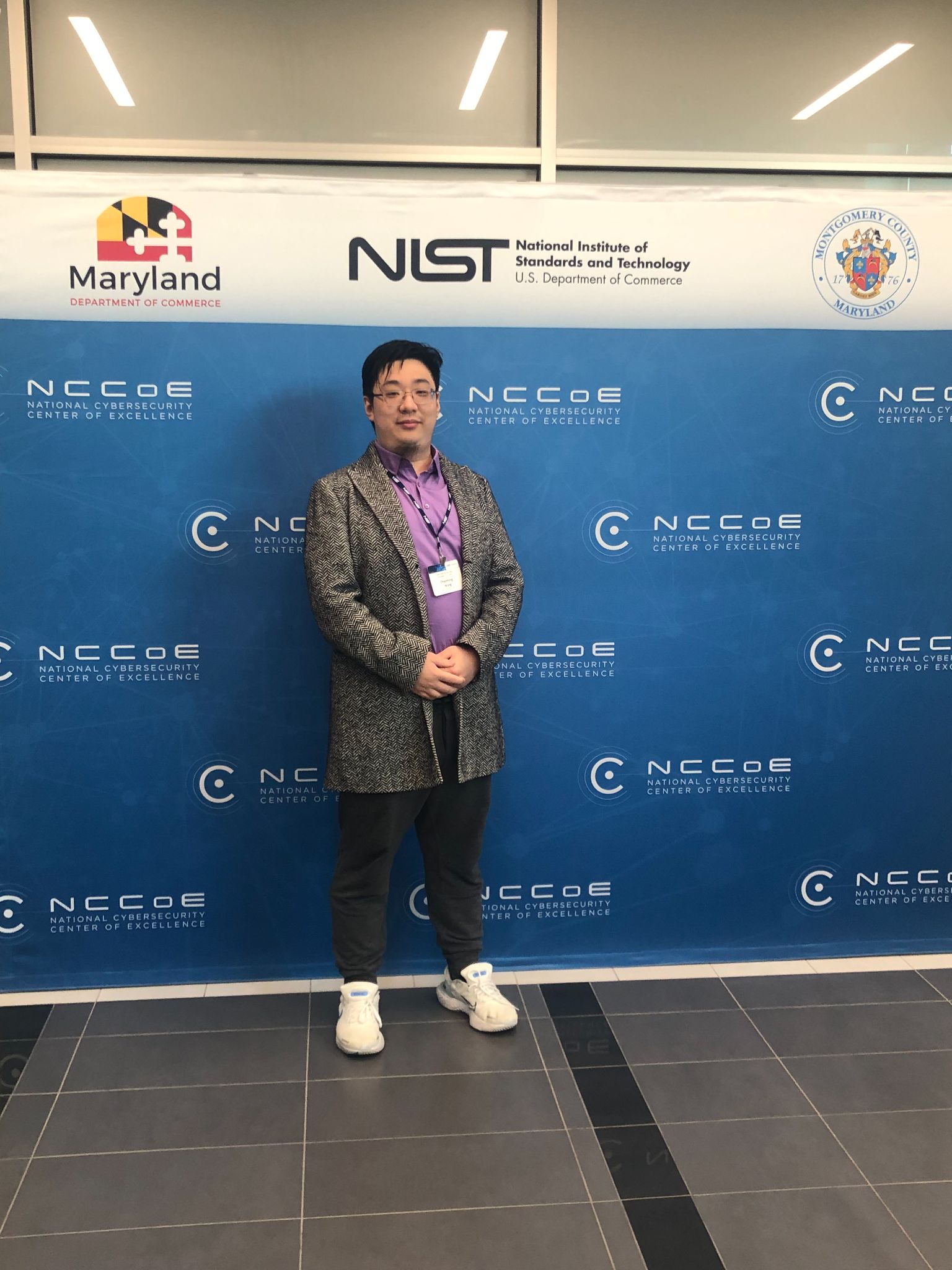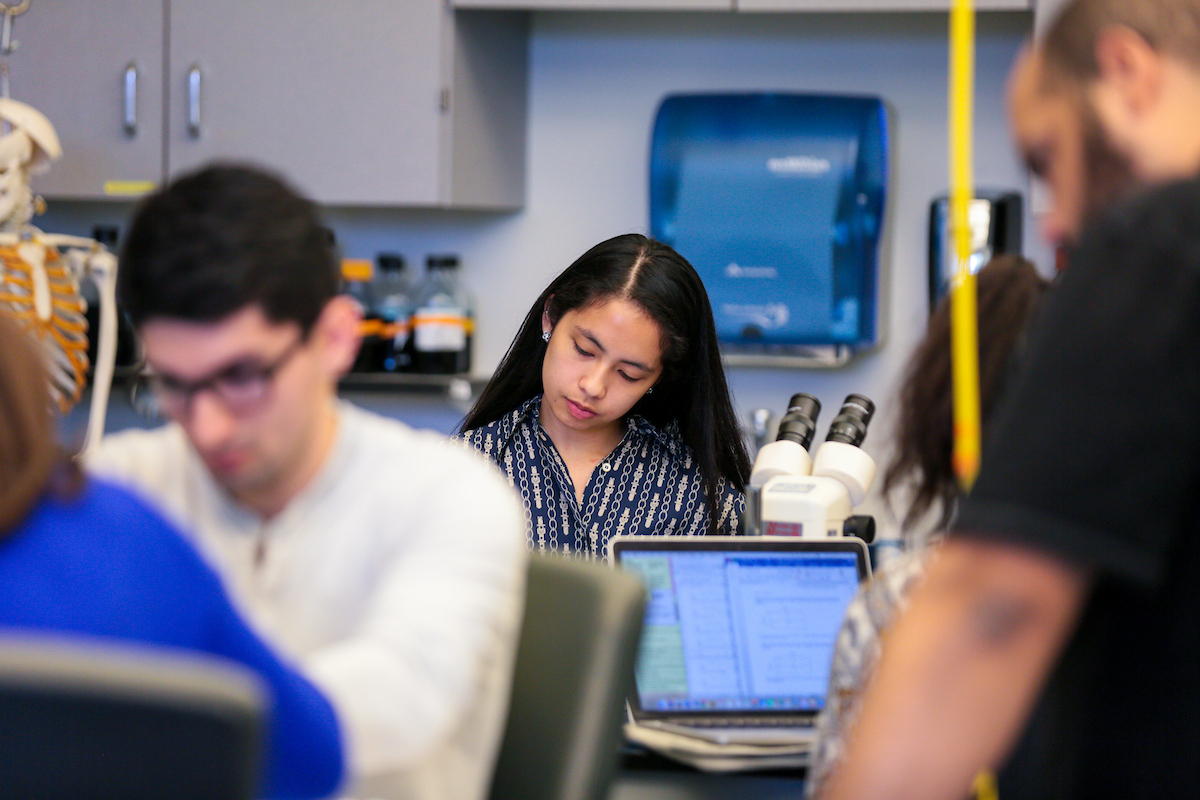Objectives
During the academic year 2023-2024, the research group undertook an ambitious project aimed at revolutionizing legal education by developing a Supreme Court Justice Simulator. This initiative sought to provide students with an interactive, experiential learning platform that would deepen their understanding of legal reasoning. Supreme Court transcripts were chosen as a central medium to bridge the gap between theoretical knowledge and real-world application, offering students an opportunity to engage with authentic legal scenarios.
The project employed advanced prompt engineering techniques to simulate the nuanced decision-making processes of justices. These techniques, including Self-Consistency Prompting and Tree-of-Thoughts, enabled the simulator to explore diverse legal arguments and counterarguments while ensuring consistent and reasoned outcomes. Alongside these technological innovations, the research team prioritized the creation of metrics and datasets to evaluate the simulator’s effectiveness in fostering critical thinking and improving students’ grasp of legal principles.
Outcomes
The integration of generative AI tools transformed the way students engaged with legal education. By utilizing prompt engineering, students interacted dynamically with complex legal scenarios, enhancing their critical thinking and application of legal concepts. The simulator’s reliance on the extensive knowledge base of large language models enabled it to adapt to legal cases with remarkable efficiency, significantly improving the experiential aspect of legal education.
Pre- and post-simulator assessments revealed notable improvements in students’ understanding of legal reasoning, with a marked increase in their ability to predict case outcomes accurately. Professors who participated in the pilot tests reported high levels of satisfaction, particularly with how authentically the simulator captured the role of a justice. While the use of generative AI provided gains in engagement and understanding, there were challenges, including occasional rigidity in the language model’s style and its tendency to overemphasize certain aspects of simulations.
The project illuminated the transformative potential of AI in legal education, offering students a deeper appreciation of both the possibilities and the ethical considerations inherent in using such technologies. By analyzing over 30 Supreme Court cases, students achieved a 20% improvement in predictive accuracy and gained critical insights into the biases and limitations of AI. This experience underscored the growing importance of AI literacy, positioning it as a crucial component of future legal education. As AI continues to evolve, its role in fostering interactive, efficient, and ethically informed learning experiences is poised to become even more central to the field.
Team

Xubo Lin
PhD student, InfoSense Lab, Department of Computer Science

Zhaoming Wang
MS student, InfoSense Lab, Department of Computer Science

Sibo Dong
PhD student, InfoSense Lab, Department of Computer Science

